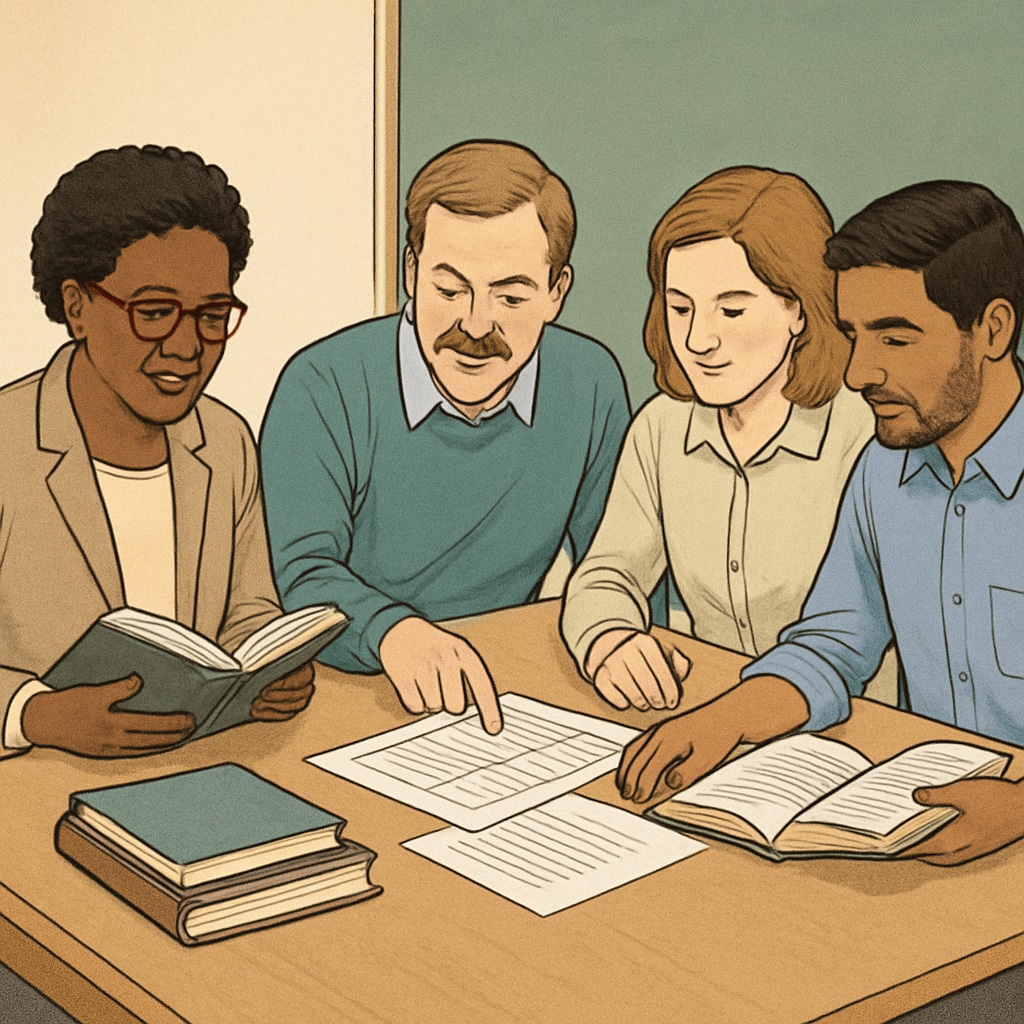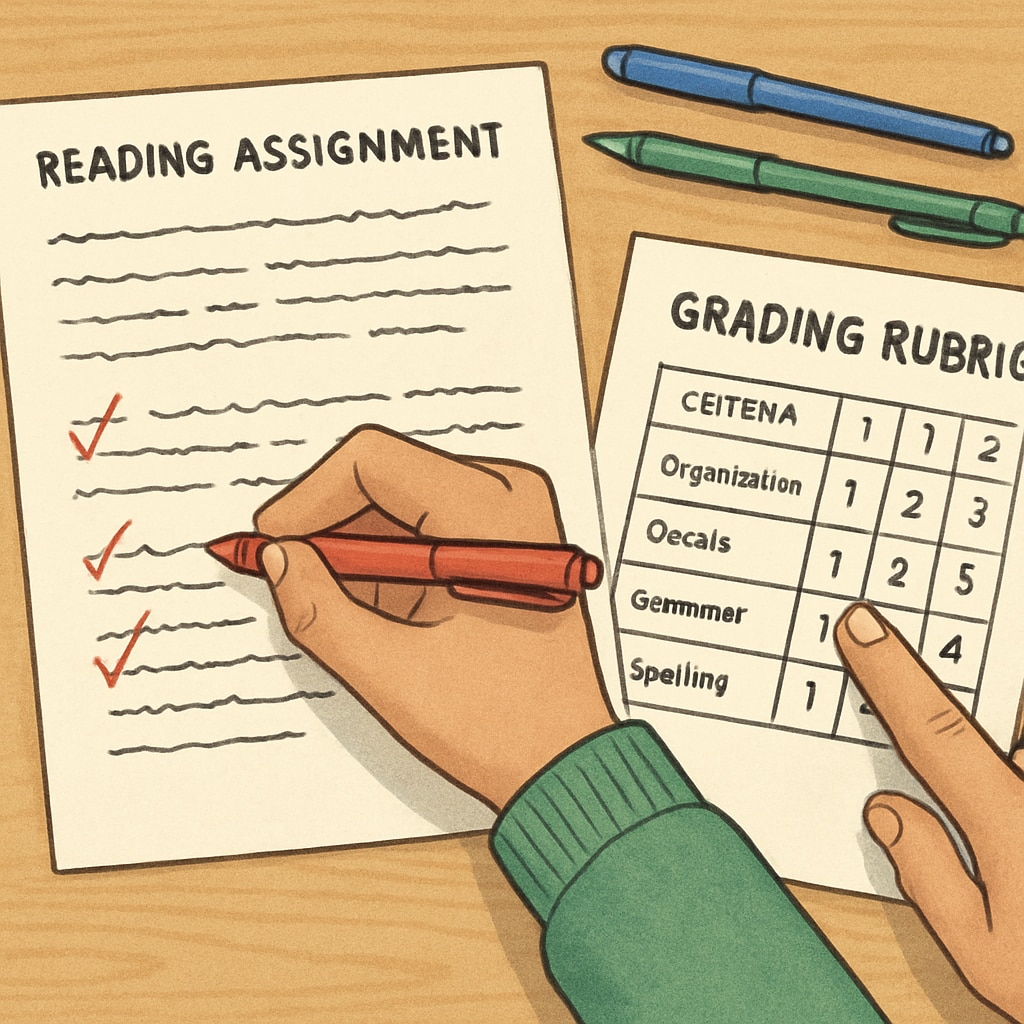Understanding reading comprehension, teacher volunteers, and text complexity is crucial for developing effective literacy education. We’re inviting educators to share their professional insights in a groundbreaking study that could reshape how we evaluate reading materials.

The Critical Role of Educators in Text Evaluation
Teachers possess unique expertise when assessing reading difficulty. Unlike automated tools, educators consider multiple factors:
- Student background knowledge
- Cultural relevance of content
- Vocabulary development patterns
- Sentence structure challenges
Research from International Literacy Association shows teacher input improves text leveling accuracy by 37%.
How the Study Works
Participants will evaluate sample texts using our research framework. The process includes:
- Rating text difficulty on multiple dimensions
- Identifying potential student stumbling blocks
- Suggesting appropriate grade levels
According to What Works Clearinghouse, such teacher-informed systems show greater predictive validity.

The study requires just 30 minutes but could influence reading instruction for years. Your classroom experience provides invaluable data that computers cannot replicate.
Why Teacher Judgment Matters
While quantitative metrics measure surface features, educators assess deeper elements:
- Conceptual complexity
- Emotional engagement potential
- Prior knowledge requirements
- Cultural accessibility
We particularly need volunteers from diverse school settings to ensure our tools work for all students. Your participation helps create fairer, more accurate reading assessments.
Readability guidance: The study uses clear rubrics and examples. No specialized training is required – just your professional judgment as an educator.


